Therapeutic Horticulture
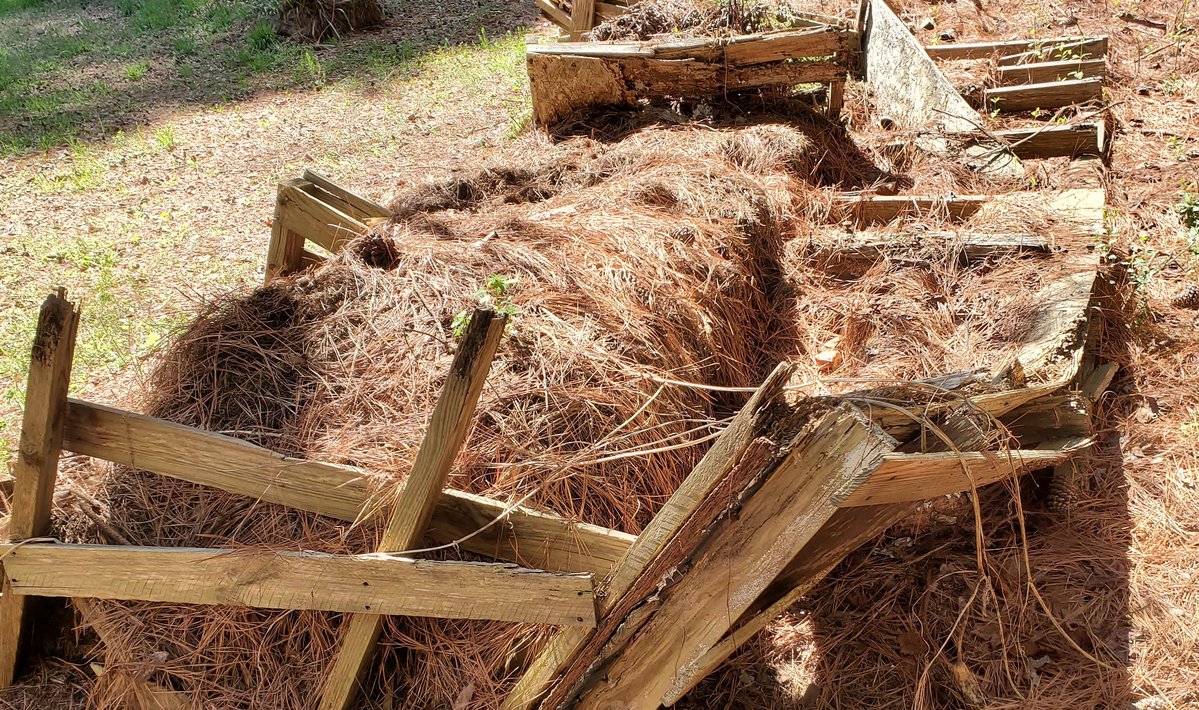
As individuals, unless we take on new challenges, we can’t grow. Without growth, we stagnate. Stagnation leads to life passing us by. If we look at people’s perfectly curated lives on social media, it appears as if everyone gets it right first time. It seems as if other’s lives are a series of successful stepping stones.
As a gardener, I’ve killed a lot of plants. New plants are a type of new challenge, so as a gardener, my yard has seen a lot of failure. My experience has taught me that very little is as simple as it appears and good outcomes often take more effort than is apparent from the perfectly curated lives one sees on social media. The stepping stones to success are often a series of failures.
And that’s OK. Life is where we live it, not where it appears to be.
 No comments
No comments- Details
- Written by: Norman Smit
- Parent Category: Blog
- Category: Therapeutic Horticulture
- Published:
- Hits: 0 555
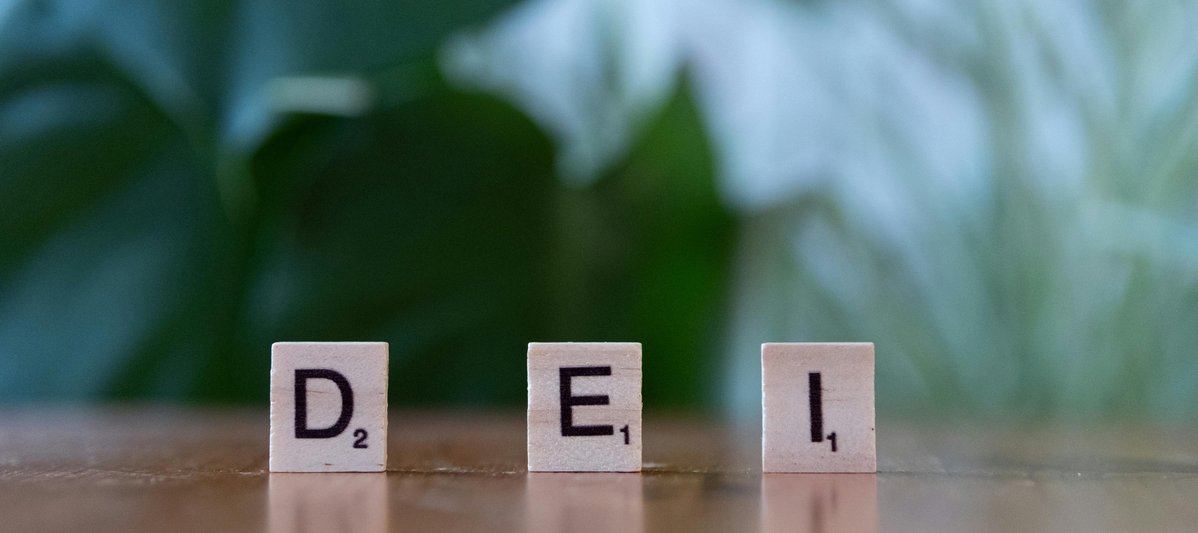
Modern society is fractured. People in the 21st Century are separated from many of the practices and places that in the past provided community. Fractured societies produce fractured people. We buy food packaged in plastic produced at industrial scale, never meeting the farmer nor the workers in his fields. We subscribe to social media platforms that produce a poor facsimile for community, polluting feeds with ads we don't want to see, and people the algorithm insists we must be interested in.
For someone living in our age, to build and sustain human connections has become something that must be actively pursued, rather than an environment in which we once lived without supply chains or social media.
- Details
- Written by: Norman Smit
- Parent Category: Blog
- Category: Therapeutic Horticulture
- Published:
- Hits: 0 661
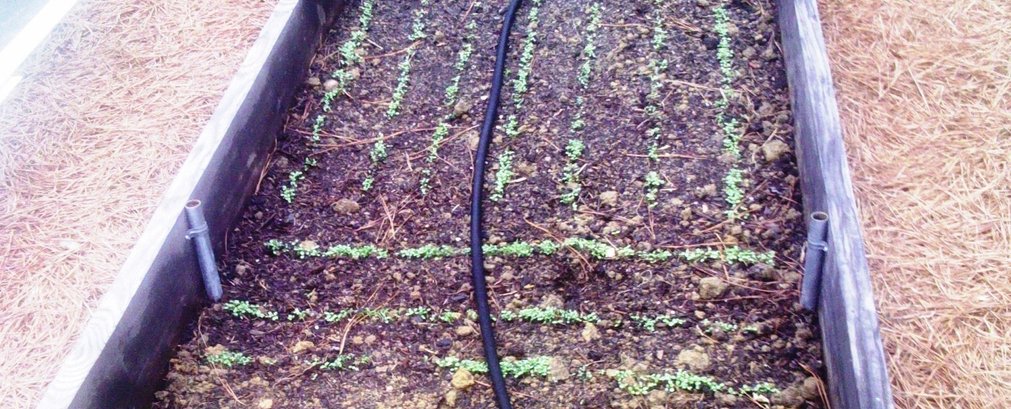
March 17 is a day celebrated in the West as St Patrick's Day. It has become a day when families head to the pubs to drink Guinness and watch rugby. (Good combo.) But it is the other symbol so often associated with Saint Patrick and the Irish - clover - that I more often think of at this time. Clover is thought to be lucky.
I regularly plant it in my raised beds in my garden, in the Fall, or scatter the seed in areas where the lawn doesn't do well. And by St Patrick's Day, the clover in my garden is beginning to come into its own and is looking lush. Clover is a wonderful plant and cover crop.
It fixes nitrogen in the soil for strong summer yields. Depending on the variety you plant, it can overwinter in North Carolina.
- Details
- Written by: Norman Smit
- Parent Category: Blog
- Category: Therapeutic Horticulture
- Published:
- Hits: 0 1913
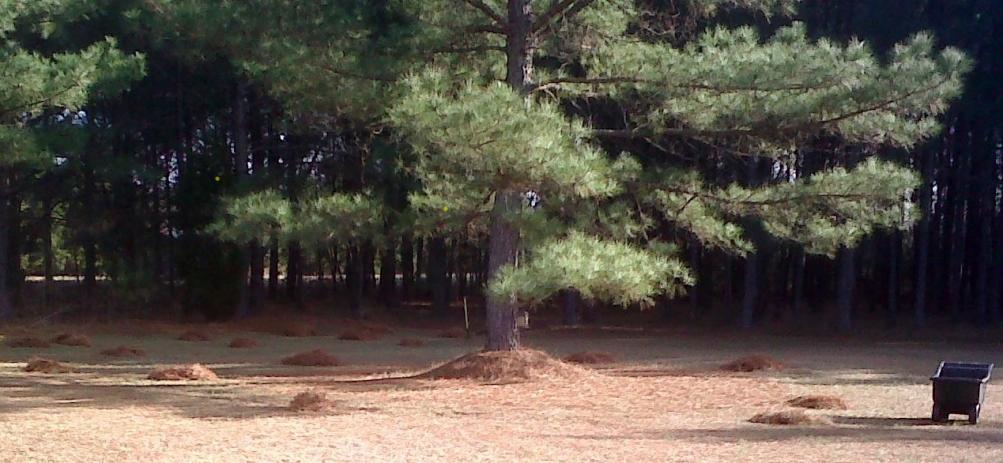
There are elements to gardening that sometimes seem tedious. Pushing a mower across the lawn in the heat of the summer when there's been a lot of rain and it feels like it was mowed just yesterday. Weeding. Weeding that same patch you weeded earlier and then didn't get around to planting in. Being late to plant in the spring because you didn't feel like digging the bed. We recognise these habits. They happen every season. We look out across our lawn and beat ourselves up because it's tatty.
But often the reason these things recur in our lives is because 'bad' behaviour is safe. We know the likely end point. We know the lawn will grow ragged, yet we postpone. We procrastinate. 'Bad' behaviour is fear-based. The alternative is choosing a new pathway. Choosing means committing.
- Details
- Written by: Norman Smit
- Parent Category: Blog
- Category: Therapeutic Horticulture
- Published:
- Hits: 0 1749
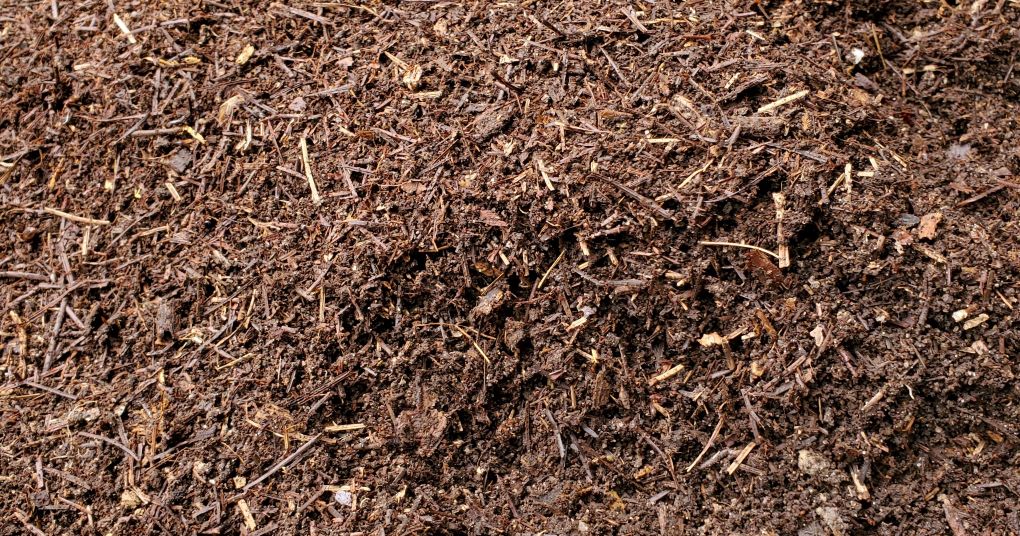
Gardening stores do a roaring trade selling potting soil. Some products are excellent, and some less so. The issue is that you don't know what you're getting when you buy it, and potting soil is unregulated.
Many include peat moss, which carries a high environmental cost. Other commercial suppliers use county organic waste and can include herbicides and pesticides and even heavy metals or other contaminants.
- Details
- Written by: Norman Smit
- Parent Category: Blog
- Category: Therapeutic Horticulture
- Published:
- Hits: 0 1152

Books on 'How to succeed' fill entire shelves in libraries and bookstores. This post is not about that. It is about what our garden can teach us about failure - or the converse - thriving.
All gardeners face failure in their endeavours at growing. We kill plants for a variety of reasons - too much water, too little, too much shade, too much sun. The ground is too hard, or the hole too deep. Because we went away on holiday. Disease and insects. Bunnies and squirrels.
- Details
- Written by: Norman Smit
- Parent Category: Blog
- Category: Therapeutic Horticulture
- Published:
- Hits: 0 1036
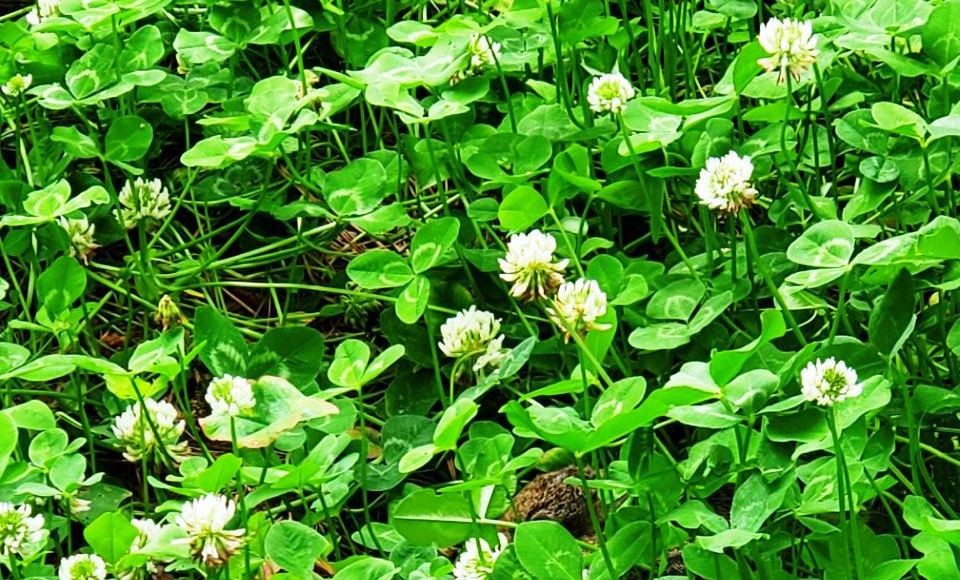
In the book, Farmers of Forty Centuries, ancient Chinese farmers categorized soil not as 'good' or 'bad', but by how much labor is required to make it fruitful. One must learn how to distinguish between fertile and infertile soil, or we will not be able to do much good with either.
When considering one's garden - or the quality of one's life - seek to avoid condemnation. Try not to judge one soil as 'bad' and another as 'good', but rather recognize that one is fertile and another is barren.
- Details
- Written by: Norman Smit
- Parent Category: Blog
- Category: Therapeutic Horticulture
- Published:
- Hits: 0 1054
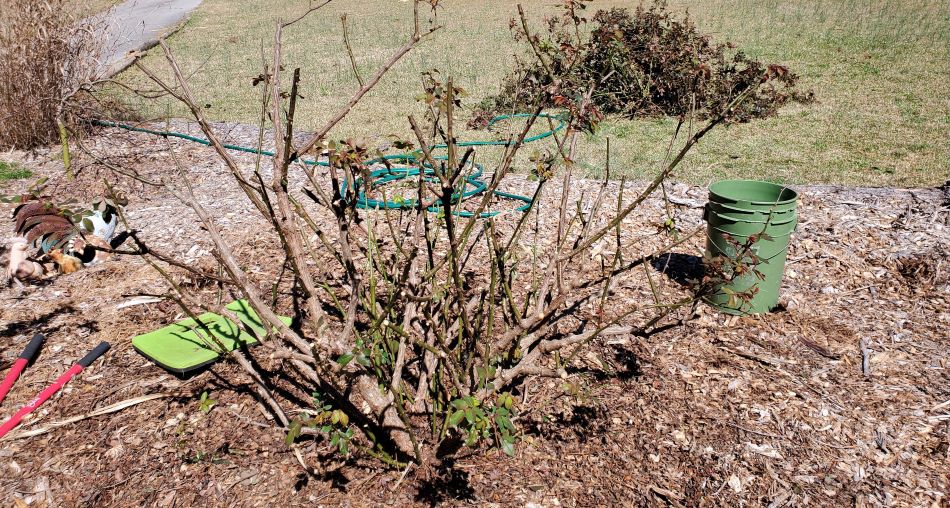
Sometime between late February and the end of March - depending on how Spring is coming along - bushes and shrubs can need pruning and dead growth from the previous season needs clearing. While days of cold may remain, new life is readying itself for the coming season.
Pruning is one of the activities in the garden we use in our therapeutic horticulture classes to encourage insights into living and healing. It is a gardening activity with parallels that can be applied to our personal lives.
- Details
- Written by: Norman Smit
- Parent Category: Blog
- Category: Therapeutic Horticulture
- Published:
- Hits: 0 986